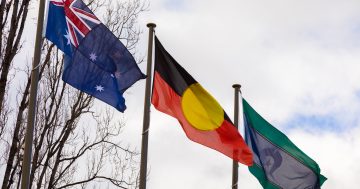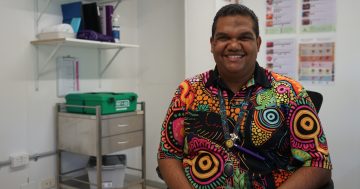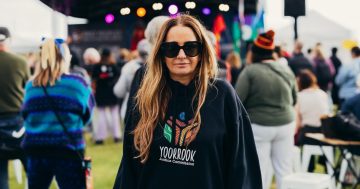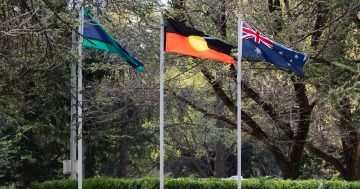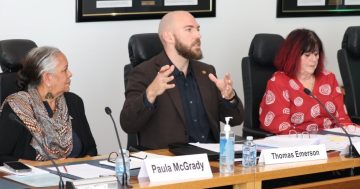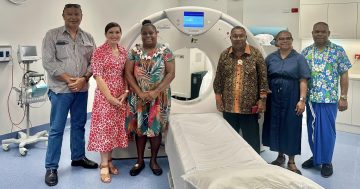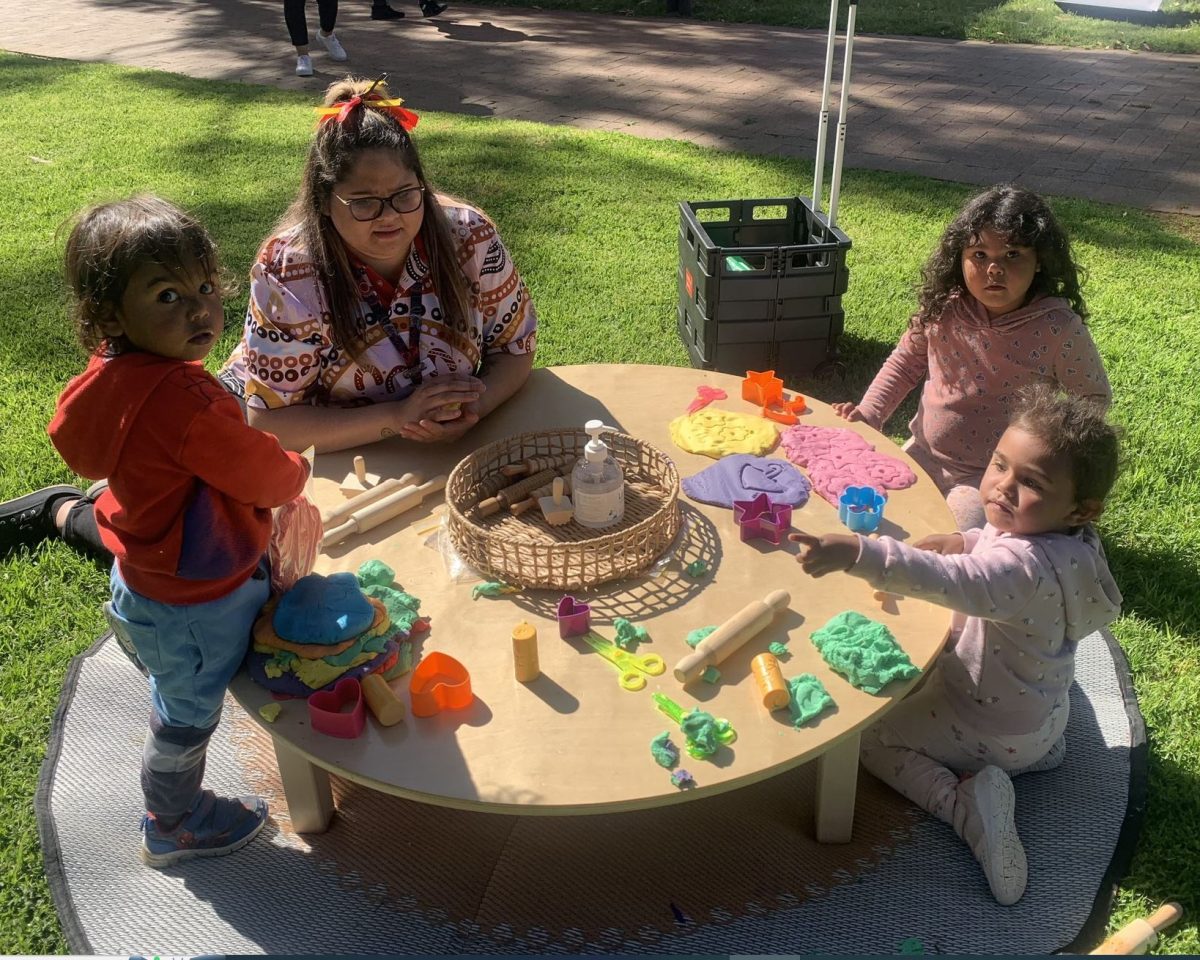
Close the Gap Day in March marks the annual call for support of Aboriginal and Torres Strait Islander health equity. Photo: Facebook/Maari Ma Health.
The Close the Gap (CTG) Campaign has released its 15th annual report, a month after the Productivity Commission found that governments were not meeting their commitments to bring equity to First Nations people.
In November, the Commission’s data showed the gap in life expectancy between Aboriginal and Torres Strait Islander people and non-Indigenous people had actually widened.
Following last year’s referendum defeat, Campaign Co-Chair Karl Briscoe said it was more important than ever for First Nations people to be in the room making decisions on health and life-expectancy equity.
“Aboriginal and Torres Strait Islander peoples need representation at the highest levels of government,” Mr Briscoe said.
“They need genuine shared agreement making, bipartisanship, unity, and a shared collective vision, driven by Aboriginal and Torres Strait Islander perspectives and knowledges, to address the gaps in Aboriginal and Torres Strait Islander people’s life outcomes.
“Because we know this is how we close the gap.”
The CTG Campaign started in 2006 and helped influence the establishment of the Joint Council on Closing the Gap, along with the National Agreement finalised in July 2020.
Comprised of 53 NGO and human rights organisations, the movement said its latest report provided insight into how First Nations leaders see and understand their roles and responsibilities, both to themselves and their communities.
It’s been backed by the National Rural Health Alliance (NHRA) and Public Health Association of Australia (PHAA), with both organisations calling on the government and health entities to follow through on its recommendations.
The NHRA said the 61 per cent of First Nations people living in rural, region and remote areas must be prioritised in addressing the stark health disparities with non-Indigenous populations and those in metropolitan areas.
Currently the gap in life expectancy for rural areas is 6.8 years for males and 6.5 years for females, which grows even further to 12.4 years for both genders as remoteness increases.
Earlier this month, the High Court declined to hear an appeal in a legal challenge seeking equal access to the age pension for Aboriginal and Torres Strait Islander people.
In spite of the evidence, the Federal Court did not accept that Australia’s racial discrimination laws should give First Nations people earlier access to the age pension.
“More than a decade ago, Australian governments promised to ‘Close the Gap’, but we are not making much progress,” said Wakka Wakka man Uncle Dennis. “They are all talk and no action.
“If it were the other way around, and white people were dying too young, they would have fixed this already.
“I took this legal action because I wanted to stand up for my people. I am disappointed that the court won’t hear our case, but we will keep fighting because truth and accountability are important.”
Following the High Court’s refusal, the Victorian Aboriginal Legal Service and Human Rights Law Centre called on the Commonwealth Government to act on age pension discrimination in recognition of the CTG strategy’s failure.


